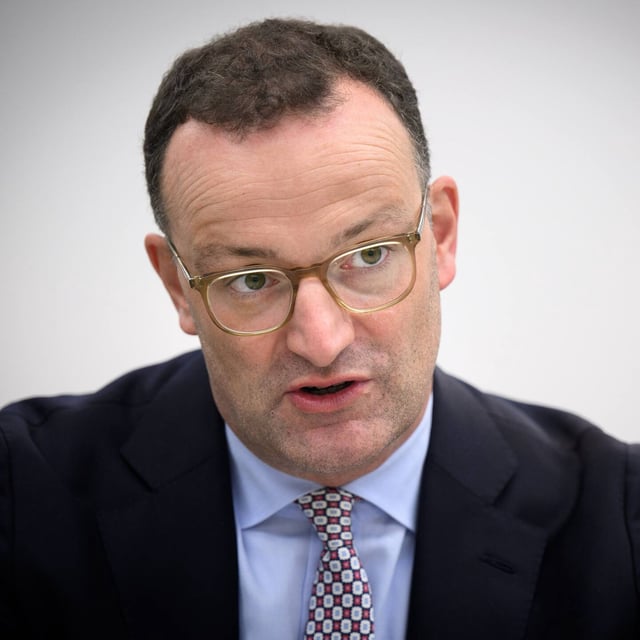Overview
- An economic advisory council to the government recommends linking retirement to life expectancy and phasing the statutory age toward roughly 73 by 2060, alongside ending retirement at 63 and restoring the sustainability factor.
- CDU parliamentary leader Jens Spahn said the entry age will keep moving back and that a rise from 67 toward about 70 is likely in the coming years, though he called a detailed age debate premature for now.
- Chancellor Friedrich Merz advocated a mandatory, capital-funded private contribution and warned households will have to devote more disposable income to pensions, health care and long-term care.
- A binding change for disability and survivors’ pensions takes effect on 1 December 2025: the flat-rate supplement ends on 30 November and individualized recalculations begin, enabling possible back payments since July 2024 with no retroactive clawbacks if prior sums were too high.
- From 2026, minijob monthly limits rise to €603 (and to €633 in 2027) as the minimum wage increases, earning one pension point will require about €51,944 in annual pay, and a provisional scenario points to a roughly 3.37% pension increase in July 2026 pending official figures in spring.



